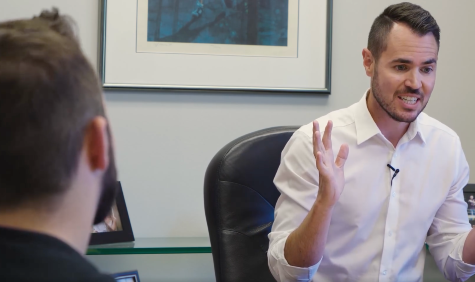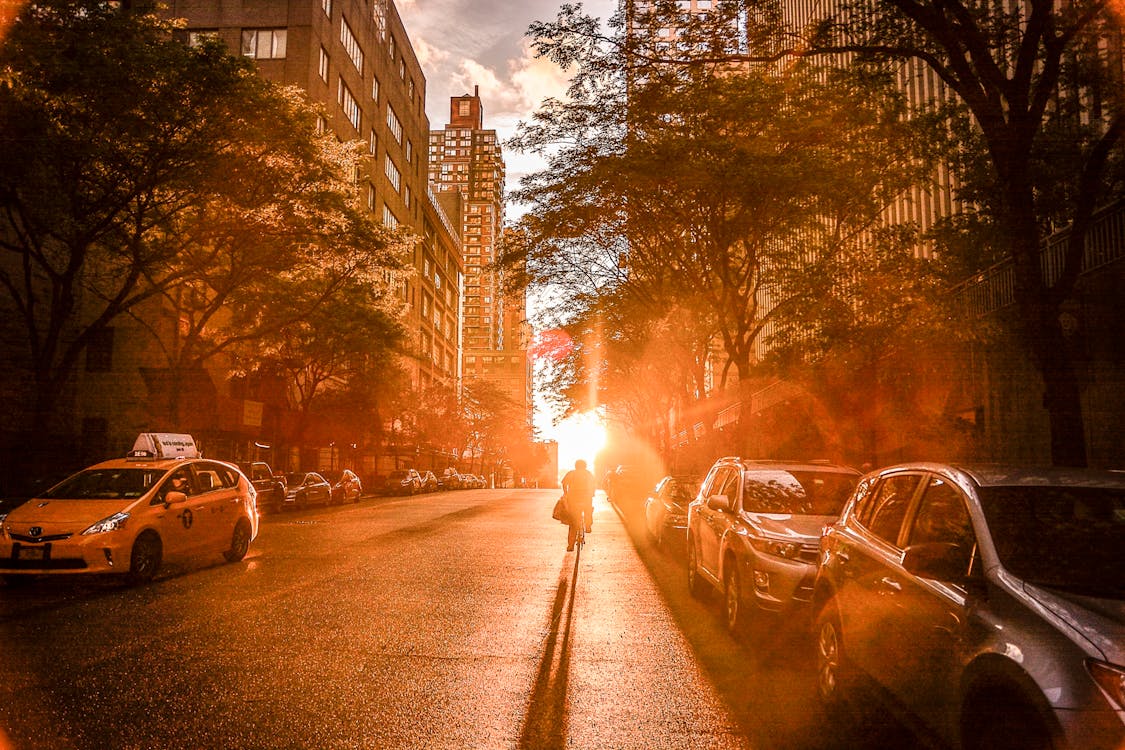In January 2023, federal and provincial governments shifted drug possession law in British Columbia (BC). The BC government called this new collection of policies a "decriminalization framework."
The three-year pilot has not clearly resulted in decriminalization so far, but has been used as a bludgeon of dehumanization in media and policy discourse.
The ways in which BC’s model has failed to meet a threshold of drug decriminalization have been outlined extensively. There are a number of exceptions to the policy, watering it down and making it difficult to understand.
The framework flows new discretion, legal tools, and resources to law enforcement bodies. It has underpinned police training materials that suggest different forms of criminalizing people in the absence of simple possession. (Changes to these alt charges are not being monitored by the decrim evaluation team.) And all the while, no major changes have been made to Canada’s overarching prohibitionist law.

Ultimately, the provincial and federal government followed police advice when selecting the 2.5 gram limit of possession without charges.
Police forces have relied on prohibitionist drug law, and managing substance use and drug possession as major points of budget and existential justification for over one hundred years in BC:
"If decriminalization were not shaped by the parties with a vested financial interest in criminalization, the short- and long-term objectives would be to immediately stop investing in mass incarceration and mass deaths, and to reinvest the funds and resources into impacted communities"
But under decrim, in Vancouver, so far the police (VPD) budget has only ballooned more, now costing the city $1.2 million per day, or roughly $415 million for the year 2024.
Despite being handed power to steer the framework and shut down reasonable models of decriminalization by multiple levels of government, through their representative on the BC Association of Police Chiefs, the VPD and other police forces seemed to have pounced on another public relations opportunity to use drug laws to their advantage – this time, through a campaign of dehumanization.
Stoking panic is nothing new for groups encouraging drug prohibition – but the reverberations in the drug war echo chambers have reached a fever pitch.
Presenting to the federal government this week, VPD Deputy Chief Fiona Wilson seemed to join in on the session – and if it was improvisation it would be an impressive strategic feat. In one scenario, highlighted prior in The Orca, Wilson whipped up a situation deep from the extremities of imagination:
“If you have a nefarious business owner who has a licensed establishment, technically you could have a situation where an 18-year-old could use cocaine in a licensed establishment but can’t order a beer"
So many variables would have to come together here to complete Wilson’s vision: 18-year-olds are not allowed in bars or liquor primary establishments, and the business owner in this unlikely scene has to be “nefarious,” because businesses are still permitted to disallow the use of substances from outside sources.
Wilson is certainly far from the only state actor to use BC’s confusing labyrinth of drug law to generate theatre and locate scapegoats for issues of social disorder.

Port Coquitlam Mayor Brad West recently mischaracterized “decriminalization” in ways that would play most heavily on the fears of those least acquainted with illicit drug use and overdose prevention. While BC United members called the police on a strewn dimebag in the middle of a road or parking lot prior to a byelection last year. The BC NDP have feigned outrage toward substance use as they attempt to increase police powers of displacement through the court system.
From the very start, BC's decriminalization model’s foundation offered no clear pathway to putting a dent in the toxic supply, and having law enforcement embedded in the policy has limited the impact of implementation in Vancouver. Still, the BC government has repeatedly said that their decrim will have a role in reducing stigma and increasing access to lifesaving health and social services.
But now Wilson, as well as former RCMP-spokesperson-turned-politician Elenore Sturko, are among those who have turned their focus, and political capital onto hospitals.
Rob Shaw was one of the early BC journalists to promote this narrative of – what he calls – “rampant” drug use in hospitals.
Shaw features a quote from his single source on the issue, an anonymous nurse: “very nice people [security guards], but not who you want when you’ve got a six-foot, 250-pound, out of control drug affected person.”
Media portrayals of people who use drugs have long been one factor that pushes drug war logic and policy. The deconstruction of a person by picking apart their humanity - a person, but their humanity is “out of control," a person, but they are Hulk Hogan, a person, but they’re a zombie – through exaggeration and/or less typical traits is one way to make groups of people seem less worthy. This “Othering” is part of the construction of what a drug user is, even though BC alone is estimated to be home to 225,000 diverse people who access the illicit market – nevermind all those who use legal drugs and medicines that blur conceptual lines.

In BC, an average of six people are dying every day from overdose and drug poisoning, and nonfatal overdoses tend to outnumber that. Little has been done to reduce the incredibly high death rates of people released from incarceration - oftentimes on drug-related charges. The supply continues to become more complex as the crackdowns and surveillance on the supply do as well – and without any semblance of regulated access to fill the demand.
Dehumanization is a cruel political strategy, and a comprehensive response to a formal, provincially declared public health emergency has mostly been abandoned.


